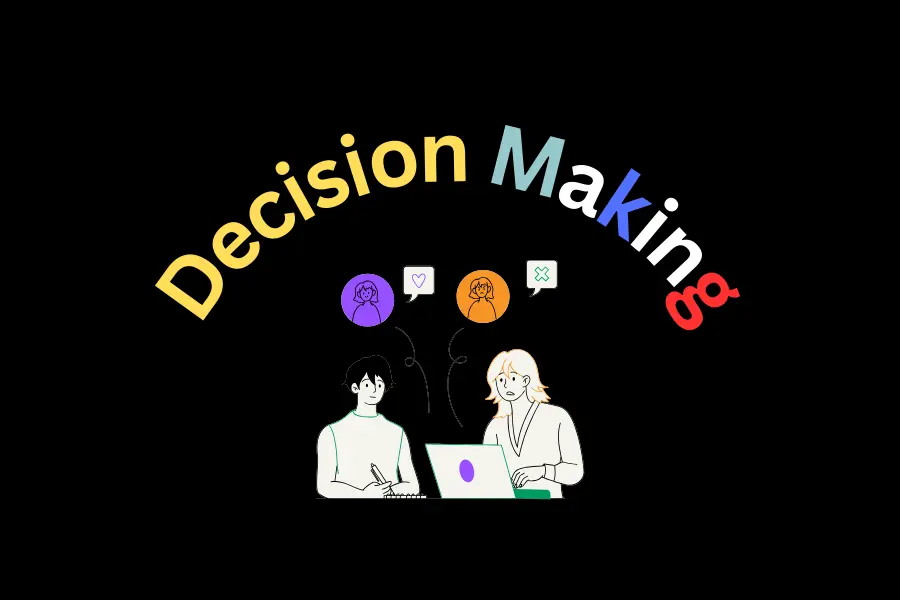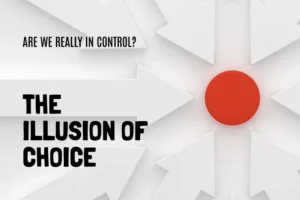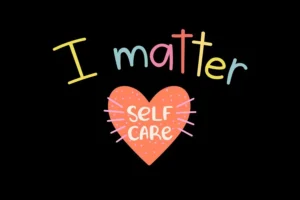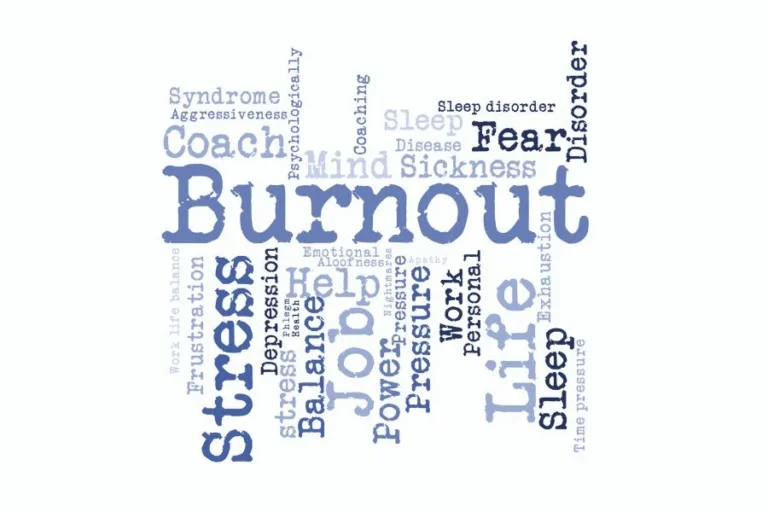Table of Contents
Introduction to Emotions and Decision Making
Emotions are one of the most influential factors in our daily lives, dictating most of the choices we make unconsciously. This paper points out that emotions matter most in the choices about careers, social relations, and crises. This first investigation into the specialization begins the exploration of how emotions can determine our response and, hence, our decision, often leading us to the path of our emotions’ reactions or prejudice.
Understanding this crucial aspect can empower you to make decisions that are not only rational but also considerate of your emotions, putting you in a better position to navigate life’s choices.
In the following sections, we will delve into the intricate role of emotions in decision making, fostering a heightened awareness and control over these pivotal psychological factors.
What Are Emotions?
Emotions: Every decision or action is influenced by a complex of factors, and determining such factors can be extremely tricky, as seen in the following analysis of influencers of human behavior: These are feelings: they are effective, intricate reactions that influence our mentality, actions, and physiological statuses.

Thoughts are produced by the area of our brains that has remained unchanged throughout billions of years and is responsible for reactions to what is happening around us. Research in psychology shows that emotions are not just feelings but signals that get the body ready for heightened action—often before the mind has decided on how to act (LeDoux, 2021).
The strength and role of emotions in the decision making process can significantly differ from one person to another due to an individual’s personality, background, and, possibly, genes. For instance, recent research published in the journal Emotion in 2022 found that individuals with a high level of Emotional Regulation (ER) are likely to rely more on affective informativeness, which is the use of emotional cues to guide decision making, rather than rational processing.
What Is Decision Making?
The Mechanics of Making Choices
Decision making is a process of selecting one option out of the available ones. Choice implies understanding the nature, determining the boundaries of a decision, listing and analyzing the possible solutions, and choosing the best option from the standpoint of the criteria of choice (Luce, 2020). This process can be unconscious and happen in moments. Still, it is more often a conscious and rather consecutive process, especially when it comes to solving challenging strategic business problems or making essential life choices.
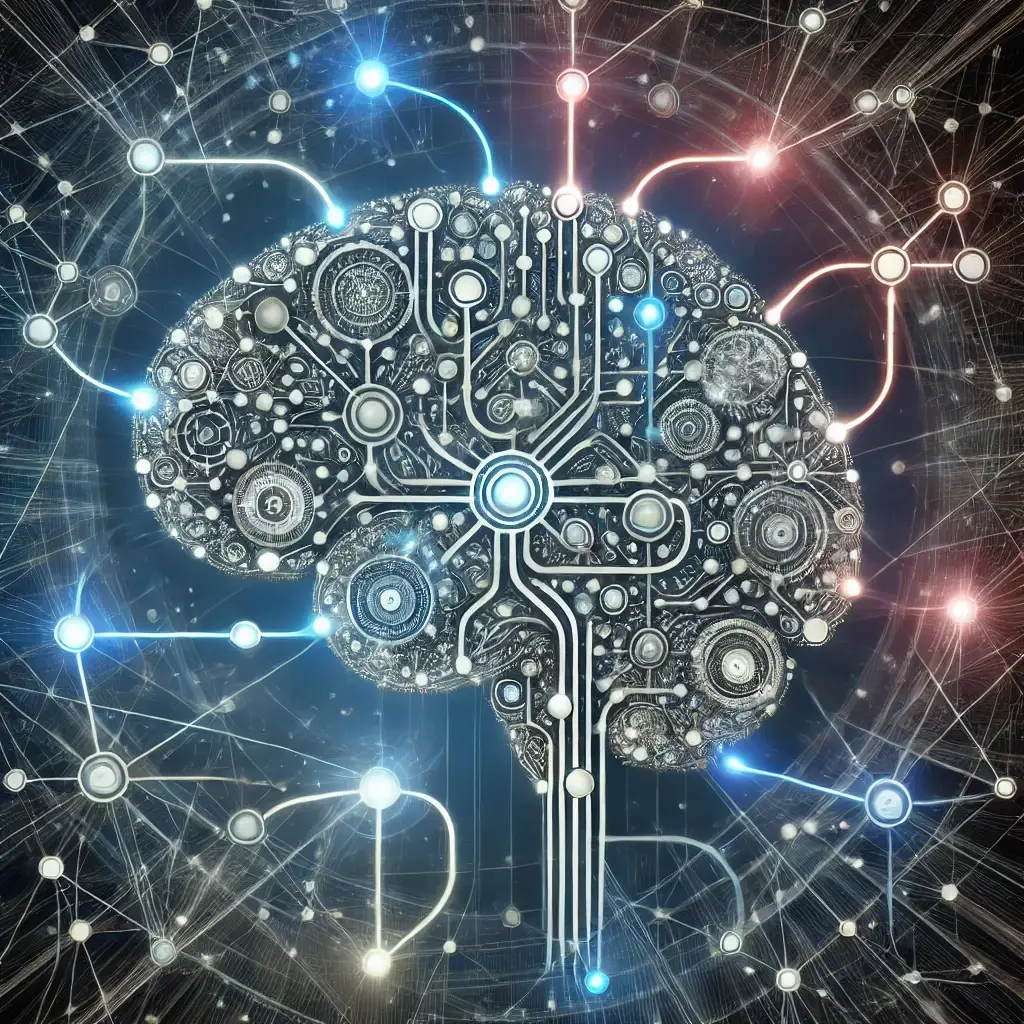
Both the neuropsychological experiments, which study the relationship between the brain and behavior, highlighted the various areas of the brain that are involved in thinking as a person and fear as a person, for instance, the prefrontal cortex and the amygdala, respectively. Theoretical knowledge of these factors is essential for creating methods and approaches that enhance decision making effectiveness in organizational conditions or daily life.
How Do Emotions Influence Decision Making?
From Quick Reactions to Long-Term Planning
Feelings influence rationality in two ways since they affect the ability to make decisions. On a rudimentary level, they serve as the immediate commanders who dictate to us what we should focus on and what we should avoid. For instance, fear may lead us to prevent particular behaviors that we perceive as challenging. Similarly, joy may lead to the tendency to engage in activities deemed to yield pleasure.

However, the use of emotions is only sometimes unambiguous and positive. President Blair highlighted that the above emotional responses can result in biases like being risk-averse during recessions or overconfidence during bullish runs. Knowledge of these emotional biases can help in creating measures that eliminate the negative impact of such biases while maximizing the benefit of the positive effect.
It was reported in some of the most recent research carried out by The Decision Lab in 2023 that every time people are sensitive to emotional intelligence and take time to train themselves on the same, decisions made are bound to be of better quality than those made by people who have not developed this kind of sensitivity.
Psychological Factors Affecting Decision Making
Understanding the Inner Workings of Decision Making
Decision making is an umbrella term whereby a number of psychological factors are usually involved in the process. Heuristics like confirmation bias make our perception to be irrelevant since we only go for information that supports our beliefs. Emotional influence usually complements these biases, and they become even more powerful. For example, a person who has a fear of economic insecurity is likely to pay a lot of attention and draw explanations from negative financial news because such a person is already justified in fearing insecurity.
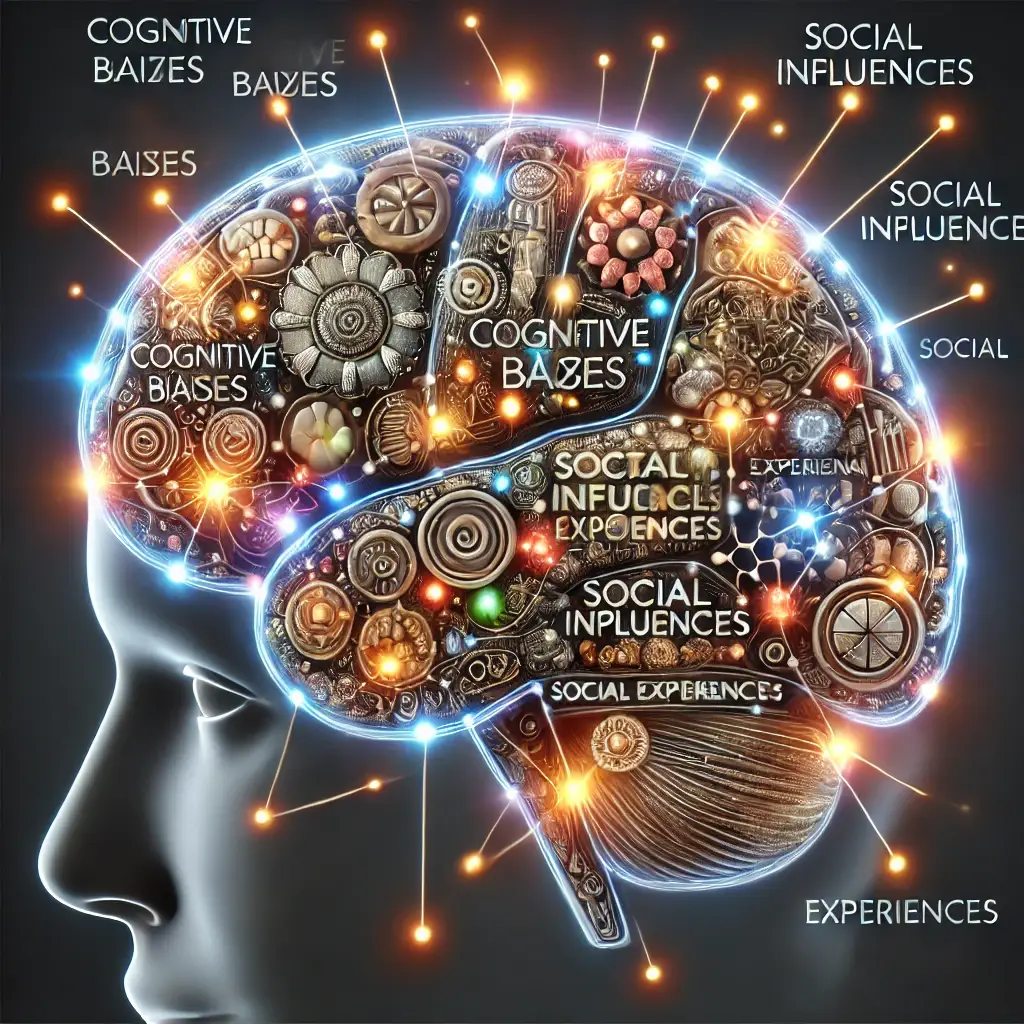
Others are also notable influences that affect the behavior of people and groups in society. Social influences, sometimes we feel the need to be part of a particular group or to be liked by others, can sometimes lead to decisions that are not best for the individual but are taken with the intention of making the group happy. That is particularly evident in organizational settings or in a social context where people accept a specific behavioral model.
These examples underscore the requirement of approaches that allow people to construe affect-driven heuristics and overcome these tendencies.
Case Studies and Examples
Real-World Impacts of Emotions on Decision Making
An influential example of the research on investment behaviors shows how emotions tend to stage the rational decision making process. What happened at the beginning of 2008 was when investors panicked and decided to sell their holdings, which were at substantial losses. Another case is the impact of marketing communication on consumer buying decisions, where many advertisements, which are the core of marketing communication, aim at stimulating affective response instead of cognitive reason, creating a desire that the purchase is going to fulfill, which often is not the case.

The Benefits and Drawbacks of Emotional Decision Making
Navigating the Double-Edged Sword of Emotions
Feelings, although disruptive, can also be functional since the self is designed to signal that something is essential to the coordination of our mental life. They assist us in making fast decisions, which formally may be beyond the range of rational decision making. For instance, the Emotion of fear helps to avoid dangerous risks, while satisfaction lets us know if the chosen option satisfies the customer.

However, it’s crucial to maintain a balance between emotions and logic. Uncontrolled fear can lead to overly cautious decisions, while excessive pleasure can cloud judgment. This balance is key to making sound decisions.
Techniques to Manage Emotional Influence

Harnessing Emotional Intelligence for Better Decisions
There are only a few sources of conflict that need to be managed, and it is essential to eradicate the management of emotions with decisions. Two practices are the most known to be effective in this regard: mindfulness and emotional regulation. It is sustaining watchful attention on what is happening in the present time, concerning both thoughts and emotions, which enables one to give a response, not only a reaction towards confident choices. A paper published in *The Journal of Psychological Sciences* in 2023 revealed that usage of mindfulness made a person 30% more likely to indicate satisfaction with their decisional outcomes than his/her counterpart.
Some of the components of emotion regulation include appraisal techniques like cognitive change or the expression of emotions in a regulated way. These strategies assist in changing the extent to which we like or dislike different courses of action or the consequences of those actions. The mentioned approaches are not only practical in personal life, but they also help facilitate rational choices in the working process because stress and, as a result, emotional exhaustion significantly affect the decision making process.
Read More: Signs That He Is Obsessed with You: 15 Red Flags
Tips for Making More Rational Decisions
Creating a Framework for Thoughtful Choices
When you need to make intelligent choices, it’s good to use a systematic approach: When you need to make intelligent choices, it’s good to use a systematic approach:
1. Pause and Reflect: This will give you ample time to consider all the consequences of your decision. It can help lessen the impact of any quick knee-jerk reactions to emotions.
2. Seek Objective Feedback: Collaborating with others to get other people’s opinions minimizes the possibility of making biased decisions. Consider using this feedback in a person’s decision making process.

3. Pros and Cons List: Drawing an analogy of the pros and cons of each plan makes it easier to make the decision. This method brings more rational analysis than when a person is advised based on his/her feelings only.
4. Long-Term Thinking: Consider the consequences of your decision for the future. How does it relate to the organization’s vision or your personal beliefs and objectives? This approach allows one to filter out decisions in favor of the greater good rather than harebrained schemes that might give the ‘feel good or ego boost.’
As many decision-theory specialists advised in 2023, tools like decision trees or matrices can also help provide a vivid and logical approach to selecting among several alternatives.
Implementing Decision Making Strategies
Practice Makes Perfect
Therefore, the value of any decision making strategy does not reside in the overall percentages as much as in practice. These techniques should initially be applied to decisions of lower risk so that competency in them can be slowly developed. Gradually, apply these strategies to repeated and more excellent decisions with increasing confidence. Habituation of these strategies means that the respective actions will become a natural optimization process that directs towards more balanced choices.

Conclusion
It is crucial to comprehend how emotions contribute to decision-making, as it can help determine the most adequate ways to make good decisions and prepare for possible consequences. The emotions involved, as we have seen, often dictate our choices, and this is usually a passive process. To effectively make decisions that benefit oneself and one’s workplace, it’s crucial to recognize these influences and manage them.
The methods and approaches explained in this article, including such practices as controlling emotions and the formation of a daily routine to make decisions, as well as more specific tools like decision matrices, are invaluable for anyone who seeks to enhance their decision-making abilities. It will be helpful to learn how to avoid overemphasizing one or the other aspect. Instead, learn how to get a middle ground in our decision-making by using both the rational and the emotional aspects. Thus, the balanced approach is called for to address a multitude of decisions and effectively reach the goals set for the long term.
In conclusion, readers are suggested to consider the roles of emotions while making choices and start employing the strategies discussed in the paper in their everyday lives. When put into practice and with dedication, gaining more control over making better decisions will be noticeably fun.

